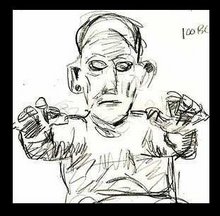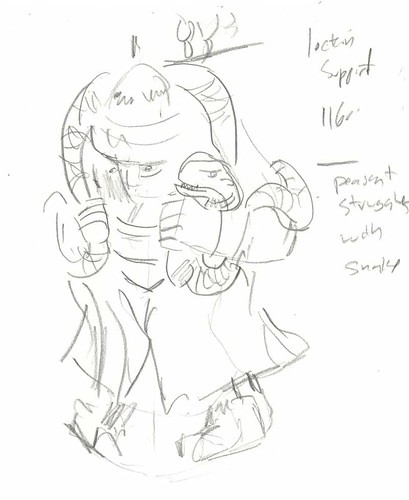 Deep River
Deep River by
Shūsaku Endō
My rating:
5 of 5 stars
Blessed are the meek, for they shall inherit the earth. Matthew 5:5
Jews demand signs and Greeks look for wisdom, but we preach Christ crucified: a stumbling block to Jews and foolishness to Gentiles 1 Corinthians 1:22-25
I wonder at the faith and Christianity of Shusaku Endo a thoughtful, reflectfull Japanese Christian. Did he feel as at odds with his faith and heritage as the central character, Otso, of Deep Rivet?Did he feel himself as outcast as Otsu who identified with the lowest caste of India?
I will draw a conclusion that Endo found the essence of Christ in the suffering sacrifice rather that the victorious resurrected champion of the prosperity gospel. I think Endo saw “true” Christianity in the comfort of the poor and meek.
I think more people would NOT like this book than do. In Endo's world the avenues of success only bring a hollow happiness. In my (American) world the general feel I get is that the Christianity brings a victorious uplifting life full of prosperity. Endo would have none of that. For him you only get to the truth by embracing the poor and outcast.
So....do you think this life is a project of empirical pluses and minuses and the point is to end up with a positive when you die? And the “authentic” life is one that discounts anything that is not measurable, and religion is at best an illusion and at worst the bane of humanity?
If so, this book will be nonsense to you.
Are your religions beliefs secure and do they provide reason and stability that explains everything? If so, this book will be nonsense to you.
There are a number of “themes” involving connecting with something. First, for Otsu, is the notion that Christ is found most clearly in the rejected. Which leads him, as a Catholic priest, to be shunned by his order and end up adopting the clothes of a Hindu untouchable who's only task is to carry other discarded, poor, and dying people to the river Ganges just before they die.
And then there is this idea that our existence is actually a river of humanity and we are all trying to connect with it. I think Endo is saying we use most of our energy avoiding the very things that really do give us the connection to everything else we need.
For Miss Naruse she wants to experience actual love, not the kind that is actually a role that people adopt with enthusiasm.
For Mr Kiguchi it is honoring his fellow Japanese soldiers who suffered a burtal retreat in WWII in Burma.
For Mr Numada it is a mystical connection with nature embodied by a Myna bird.
And finally for Mr Isobe, he is only recognizing his connection with his wife after she dies after telling him to look for her to be reborn somewhere in the world.
If I was to write a high school report about it I think I would come up with something about the Deep River of the the Ganges is much like life itself. And that the road of death Mr. Kiguchi was on is also much like life itself. In that we will all die sometime.
If you are sure of yourself, in your belief or non-belief...then you will think this book is nonsense. But for those of us you inexplicably think what the world tells us about itself is most likely wrong...well, you might end up loving this book.
Quotes...
After living nearly five years in a foreign country, I can't help but be struck by the clarity and logic of the way Europeans think, but it seems to me as an Asian that there's something they have lost sight of with their excessive clarity and their over abundance of logic, and I just can't go along with it....in the final analysis, the faith of the Europeans is conscious and rational, and these people reject anything they cannot slice into categories with their rationality. Pg117
But an Asian like me just can't make sharp distinctions and pass judgment on everything the way they do. Pg118
Every time I look at the River Ganges, I think of my Onion (Christ). The Ganges swallows up the ashes of every personas it flows along, rejecting neither the beggar woman who stretches out her finger-less hands for the murdered prime minister Gandhi. The river of love that is my Onion flows past, accepting all, rejecting neither the ugliest of men nor the filthiest. Pg 185
The Onion had died many long years ago, but he had been reborn in the lives of other people. Even after nearly two thousand years had passed, he had been reborn in those nuns, and had been reborn in Otsu. And just as Otsu had been taken off to a hospital on a litter, the nuns likewise disappeared in the river of people. Pg 215
View all my reviews
Think about it more, I guess it really isn't A Rorschach Test Kind of Book, but my thinking is aside from how objectively good or bad the book might be, it is the reader's world view that will determine what they think of it.



